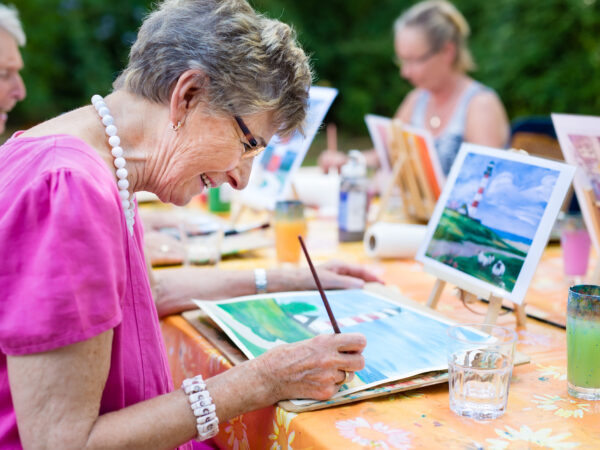It may have recently been National Coming Out Day but many LGBTQ+ seniors fearful of abuse, neglect, or refusal of care and housing are returning to the closet to protect their safety. When affordable housing for older adults is already scarce, some LGBTQ+ elders are hiding their sexual orientation or gender identity in order to access secure housing and public resources.
According to a recent PBS News Hour Weekend report, in many states, it’s still legal to deny access to housing and resources based on sexual orientation and gender identity. Few long-term care facilities have policies that protect LBGTQ+ seniors. Although the Fair Housing Act prohibits the denial of housing based on race, religion, or sex, there is no federal law protecting people based on their sexual orientation or gender identity.
As the Baby Boomer generation reaches retirement age and beyond, the demand for safe housing and senior care will rise sharply over the next 20 to 30 years. Although there are developments in major centers built specifically to be LGBTQ-friendly, there is not nearly enough safe housing for seniors who fear discrimination and abuse.
According to SAGE, an Advocacy and Services group for LGBT Elders, LGBT older people are twice as likely to be single and live alone, and four times less likely to have children. Older LGBTQ seniors are also more likely to be estranged from their families and live in greater isolation without close family to lean on for support.
SAGE is responding to these obstacles for safe housing and care by training long-term care providers on how to support older LGBTQ people, training staff in cultural competency, and helping to write staff and resident non-discrimination policies. SAGE is lobbying congress to pass the Equity Act which would create federal anti-LGBTQ discrimination laws for housing.
Learn more about LBGT housing rights and resources in the United States by following this link. In Canada, LGBTQ seniors can connect virtually to share information and resources, and provide support and a sense of community through the Rainbow Table.






Add Your Voice
0 Comments
Join the Discussion